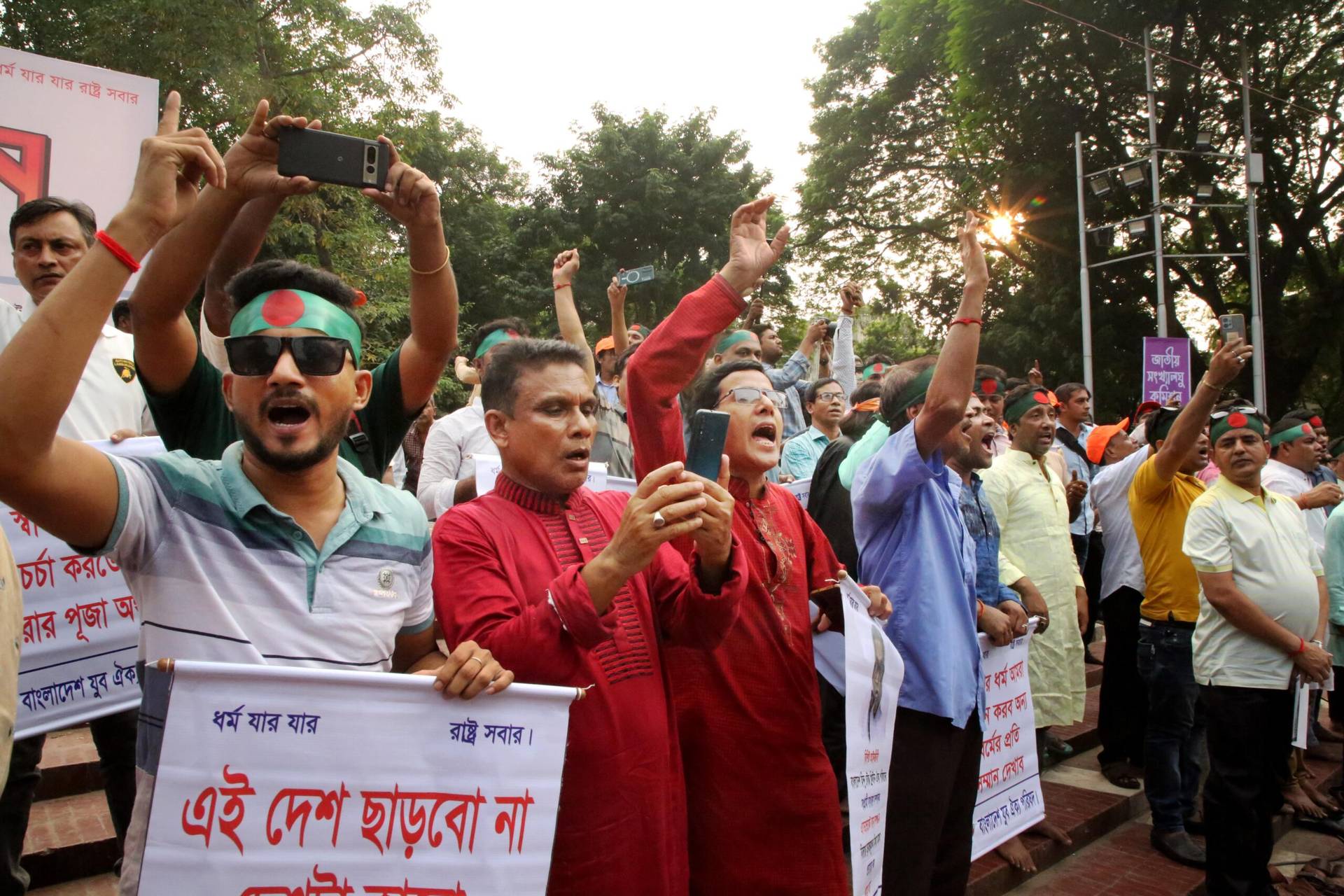MANILA, Philippines – An archdiocese south of Manila said one of its parishes temporarily closed after a teenager committed suicide within the church building.
Citing media reports, the news service of the Catholic Bishops’ Conference of the Philippines said the person who committed suicide was an 18-year-old boy. He reportedly took his life shortly after Sunday Mass on June 29, the Feast of Saints Peter and Paul.
“The Archdiocese of Caceres expresses her deep sorrow over the tragic death of an individual who took his own life on the evening of June 29, 2025, at approximately 8:10 pm., within the premises of the Parish Church of San Francisco de Asis, Naga City,” the Archdiocese of Caceres said in a statement signed by its chancellor, Father Darius Romualdo.
The archdiocese, whose churchgoers are known for their devotion to Mary, said the parish had to be closed until July 2 “to allow for a period of mourning and reparation.”
Public liturgical celebrations were suspended during this period, while a Rite of Reparation and Healing was held on the evening of July 2 “to restore the church’s sacred character and offer communal healing.”
The archdiocese’s statement cited Canon 1211 of the Code of Canon Law, which states: “Sacred places are violated by gravely injurious actions done in them with scandal to the faithful, actions which, in the judgment of the local ordinary, are so grave and contrary to the holiness of the place that it is not permitted to carry on worship in them until the damage is repaired by a penitential rite according to the norm of the liturgical books.”
It also mentioned Canon 1212: “Sacred places lose their dedication or blessing if they have been destroyed in large part, or have been turned over permanently to profane use by decree of the competent ordinary or in fact.”
The archdiocese extended “heartfelt prayers and compassion” to the family of the deceased and to parishes “who have been affected by this painful event.”
“In these moments of sorrow and uncertainty, the Church offers not judgment but the hope of Christ’s mercy, who came to bind up the wounded and heal the brokenhearted,” the Archdiocese of Caceres said.
It said it is also “collaborating closely with the proper authorities.”
In addition, it “is making available the services of licensed psychologists and trained pastoral counselors to provide debriefing, trauma support, and spiritual accompaniment to the immediate family of the deceased, parishioners who witnessed or were affected by the incident, as well as the clergy, staff, and volunteers at the parish.”
“We pray for the eternal repose of the soul of the deceased. We pray that deep psychological suffering will not lead to hopelessness. Let us also give the deceased’s family and loved ones the privacy they need at this difficult time. We ask for prudence and sobriety, especially on social media,” the Archdiocese of Caceres said.
“We encourage anyone who may be experiencing distress: Please seek help from a priest, a counselor, or a trusted friend. We are here for you,” the local church added.
The Archdiocese of Caceres, located around 390 kilometers south of the Philippine capital Manila, is composed of around 1.76 million Catholics and is known for its strong devotion to the Blessed Mother, particularly Our Lady of Peñafrancia in Naga City.
The archdiocese belongs to the Bicol Region, which has the highest percentage of Catholics in the Philippines — at 93.5 percent, whereas the national percentage is 78.8 percent.
The June 29 suicide incident, then, was seen as disturbing given the region’s staunch Catholicism.
An alarming trend, however, can also be seen across the Philippines, the biggest Catholic-majority country in Asia.
The Philippines has seen an increase in the number of youth who have considered or tried committing suicide in recent years, according to a 2021 study by the University of the Philippines Population Institute.
Nearly one in five young Filipinos, aged 15 to 24, “have ever considered ending their life,” the study showed.
The study said 17 percent of Filipino youth “have ever thought of committing suicide” in 2021 — a figure higher than the 8 percent in 2013 and the 13 percent in 2002.
It added that 7 percent of Filipino youth “have ever tried committing suicide” in 2021 — higher than the 3 percent in both 2013 and 2002.














